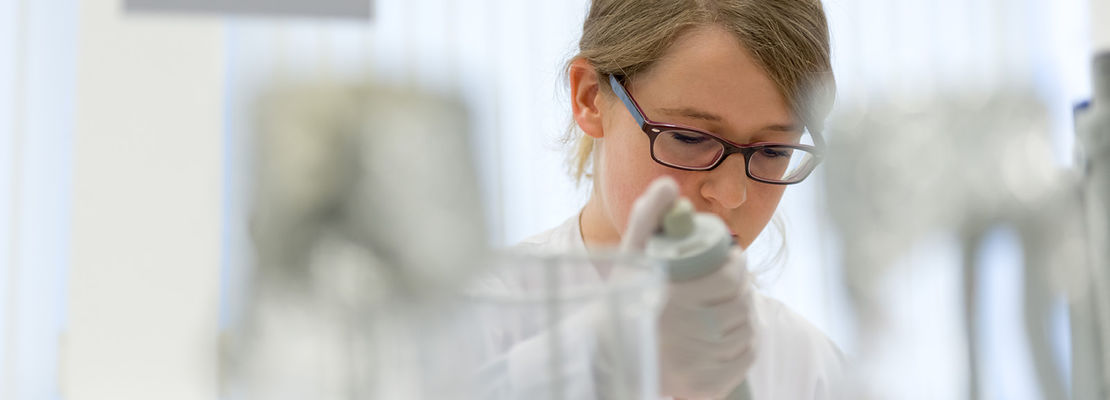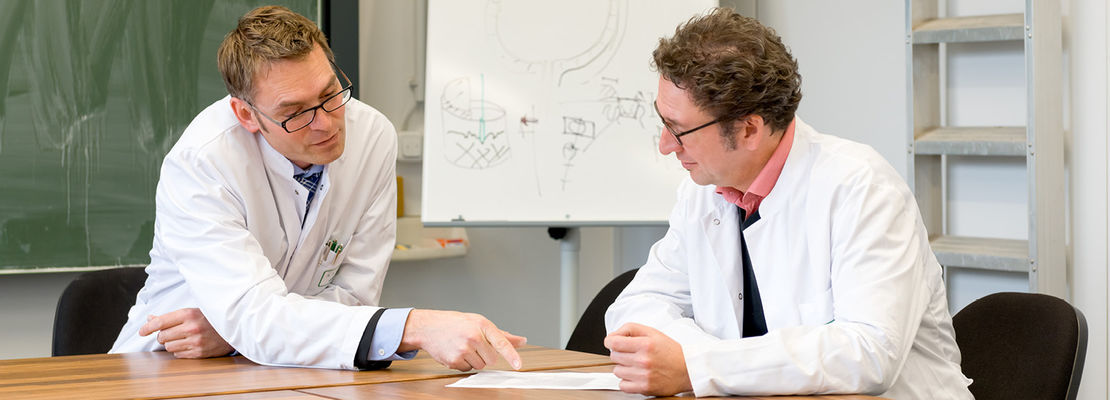As work package leader of the WP materials development of the prestigious Interreg Va consortium PRosPERoS, we aimed to develop novel fully absorbable Orthopaedic implants. Recent trends in 3D printing technologies enabled manufacturing personalized porousimplants from absorbable Iron (Fe), Magnesium (Mg), and Zinc (Zn) alloys, which can corrode progressivelyinside the human body to ultimately completely dissolve. These implants can further be designed to remodel as natural bone, while providing the necessary initial mechanical support to facilitate bone regeneration. As standards for their evaluation as medical devices are currently still under development, proper biocompatibility testing of absorbable metal implants is still challenging. On the other hand, Mg and Zn and their alloys, have already been shown to stimulate calcification. For translational applications, however, demonstrating biocompatibility is essential. Showing material-induced differences in cellular behavior or cell differentiation inside such 3D medical devices is still complex, but necessary to facilitate device development and subsequent successful clinical translation. This pilot grant will overcome current drawbacks in the preclinical evaluation of such devices through improving existing bioreactor technology for studying corrosion behavior ex vivo. It is important to manipulate e.g. medium oxygenation and pH in dynamic flow bioreactors to control biodegradation of the metal alloys and stimulate cell differentiation alike. This innovative START project holds huge prognostic potential for the translational application of novel absorbable biomaterials by facilitating physiological screenings and eliminating present bottlenecks when developing new Orthopaedic implants under the current Medical Device Regulations.
Prathyusha Pavanram und Holger Jahr mit am START
Für Presserückfragen wenden Sie sich bitte an:
Uniklinik RWTH Aachen
Stabsstelle Unternehmenskommunikation
Dr. Mathias Brandstädter
Tel. 0241 80-89893
kommunikationukaachende










